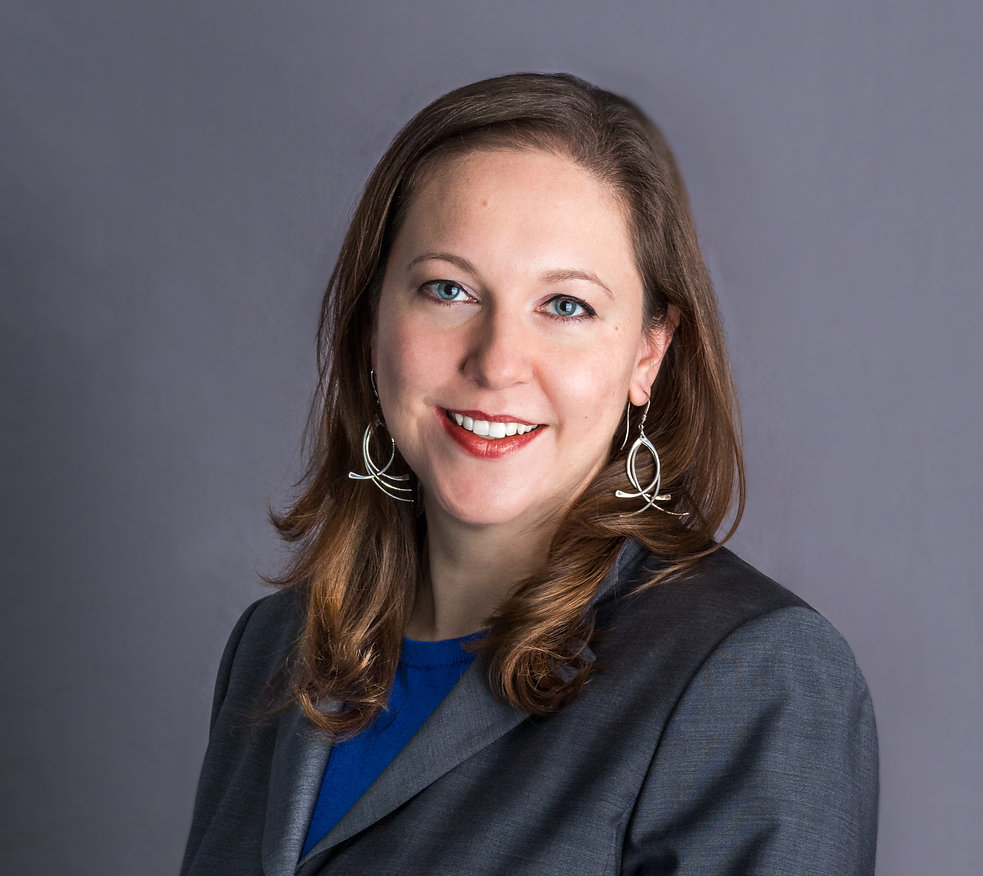The College Donor Digest
Q&A with Marla Conley, Founding Partner of Conley Law Group LLC
November 14, 2019 | Ali Eskandarian

Marla K. Conley is a founding partner of Conley Law Group LLC where she focuses her practice on serving nonprofit organizations and their donors. She speaks frequently on nonprofit governance and fundraising issues. After participating together on the Certified Financial Analyst (CFA) society panel during the 10th Annual Endowment, Foundation, and Philanthropy Conference, Ali Eskandarian, executive director of the Fund for Academic Renewal, sat down with Ms. Conley to learn from her experience in nonprofit law.
Ali Eskandarian (AE): In the case of higher education, how would you advise donors to think through the initial stages of their planning?
Marla Conley (MC): Giving is very personal, and so when emotions are running high during a tricky part of the deal, it is important to have steadfast relationships on which everyone can rely. Major gift relationships are ongoing and should have multiple touchpoints within the charity over many years. One or more major gift offers might be involved in stewarding one large gift over several different consecutive careers at one institution. Hopefully one gift leads to a chain of philanthropic collaboration over the course of the lifetime of both the donor and the charity.
The charity should have a really strong understanding of the donor’s particular philanthropic motivation. Considering, for example, how an entrepreneur accomplished success in their own life, and what related skills or resources they might bring to the table in helping the charity’s team accomplish your shared goals, are important aspects of the process. And so I really encourage in-person meetings and all the things that go with traditional donor stewardship that are very common sense to a fundraising officer but not necessarily to a lawyer or a banker. I encourage the shaking of hands. I encourage the visiting of facilities, the viewing of actual programs, and many discussions about shared vision and practice.
AE: Do you think explicit agreements are one of the best ways for colleges to know what they’ll be held accountable for?
MC: Absolutely. A written contract sets expectations and obligations on both sides, and it helps you navigate what you can’t foresee. A donation agreement also gives the donor and the university an opportunity to leverage the university’s particular expertise in crafting appropriate language to further a charitable purpose, instead of inadvertently creating obstacles that may frustrate the accomplishment of that charitable purpose down the line.
Donors often want to impose a future restriction on the gift, but none of us can fully anticipate what the future might entail, and a donor might inadvertently undermine their own charitable goals with the chosen restriction. For instance, we see donors trying to restrict the practical effectuation of a particular mission in a way that will overly burden staff or render the program impossible. So when we start to get into the nitty-gritty—for example, that your classes should have x-number of students, or you should be pursuing this particular type of research, or I want this particular person to be the chair or in the classroom—that would be the donor exercising too much control. Very detailed restrictions, the minutia that donors sometimes want to impose, can be a major impediment to the charity. A lot of my practice involves seeking to modify or remove restrictions on old charitable funds where donors simply could not anticipate every detail of the future.
My thinking on this is also adjusting with feedback from clients – I had always been taught as a lawyer to minimize any gift restrictions as they increase administrative burden and can frustrate the charitable purpose. But a very sophisticated gift officer recently mentioned in our conversations that she prefers a gift restriction for every gift. She prefers to have it written down because it gives her the opportunity to have that conversation with the donor. And so we said, “Well, it’s true. Every gift is restricted. You just might not know what the restriction is.” And then we laughed about how much better it often is to know in advance; a donation agreement provides the opportunity to have that conversation to clarify expectations.
AE: You provide legal services across the nonprofit sector, but when it comes to higher education, what are some of the misconceptions that you have witnessed in the donor community?
MC: The higher education sector is facing a discussion right now about what is inherently “educational” as compared to what may be administrative or commercial activity that is treated differently. Particularly in a university context, we often talk about who gets to make decisions about what programs and activities are the “most” educational or how administration or investments will be managed. Many funders steer away from grants for capital projects or overhead, which people see as administrative. Government is also seeking more revenue from this sector; for example, new federal taxes apply to the investment activities of certain universities.
I think it’s important to sufficiently value the input of the highly skilled, technical staff working in our institutions of higher education and to defer to those people as the programmatic experts since that is what they are paid to do. Maintaining a successful institution of higher education requires a lot of technical work that costs money; administrative overhead does not necessarily mean waste; it may instead represent skilled bureaucracy that is necessary to manage risks and returns with the understanding a high-level fiduciary brings to bear. Those overhead costs may represent economies of scale and specialized efficiencies that are critical to the direct charitable program’s success. But, as we discussed at the beginning, a donor ceding control over all aspects of a major gift requires a lot of trust and strong long-term relationships with the charity.







